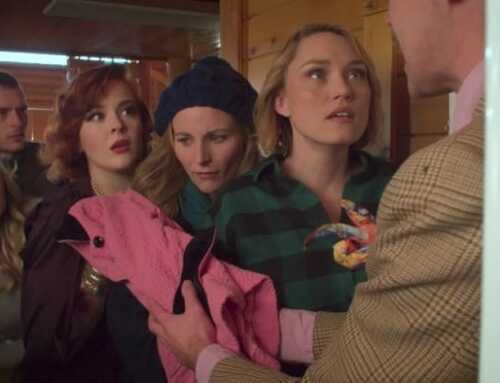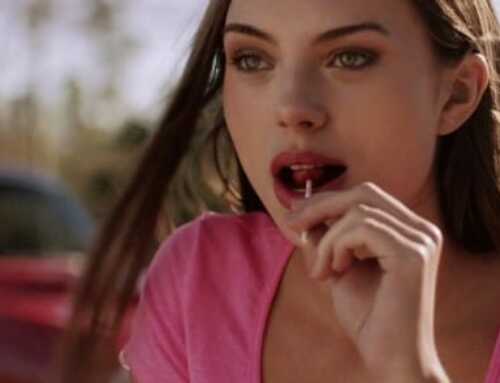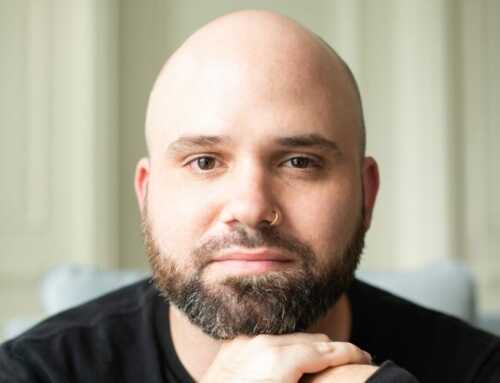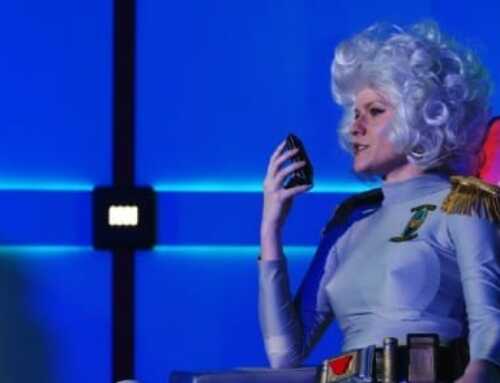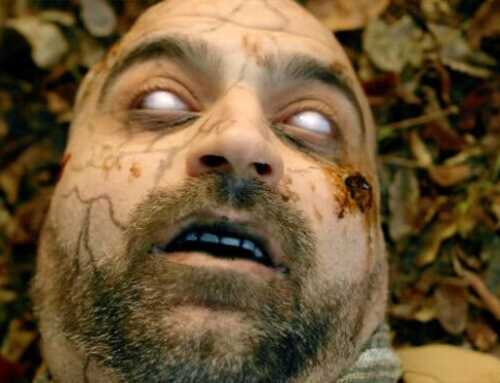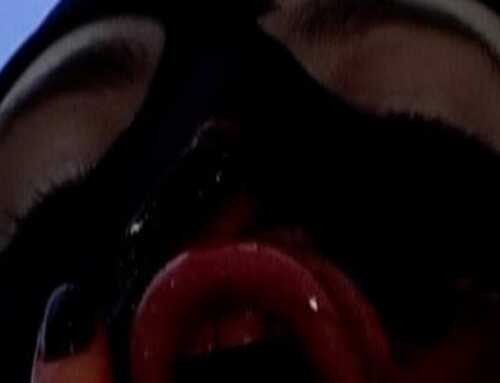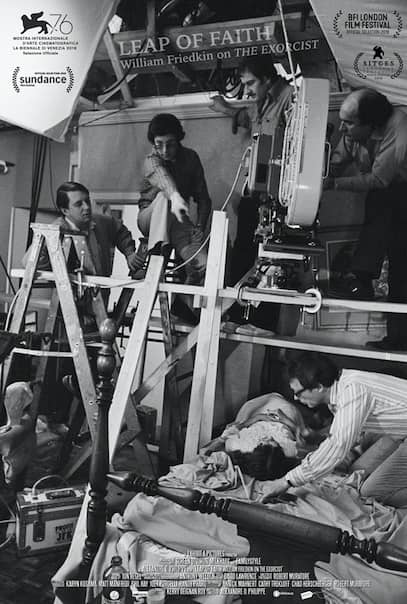 Alexandre O. Philippe’s latest documentary, Leap of Faith: William Friedkin on The Exorcist, excels expectations. At once an intimate conversation with the acclaimed filmmaker, the documentary is also a love letter to the power of cinema and how it compels viewers to grapple with issues of faith, horror, and morality.
Alexandre O. Philippe’s latest documentary, Leap of Faith: William Friedkin on The Exorcist, excels expectations. At once an intimate conversation with the acclaimed filmmaker, the documentary is also a love letter to the power of cinema and how it compels viewers to grapple with issues of faith, horror, and morality.
Philippe, whose previous work includes the insightful 78/52: Hitchcock’s Shower Scene and The People vs. George Lucas, sits down at length discussing with Friedkin the intricate production history and lasting impact of perhaps Friedkin’s most well-known film. Arguably the scariest movie of all time, The Exorcist has been written about and analyzed countless times over—not to mention the numerous home video and theatrical re-releases the film has seen since its initial theatrical run in 1973, almost fifty years ago.
A person might think that nothing more can be said about the seminal horror film. Although some information is repetitive if you’re familiar with The Exorcist’s history, the ease in which Friedkin speaks about the production is no less satisfying and informative. Friedkin remains an engaging conversationalist. Whether detailing his influences, his creative process, or The Exorcist’s place in his vast filmography, Friedkin is committed to imparting his recollections of the film to filmgoers.
Equally impressive is how Philippe and editor David Lawrence intersperse the interview with Friedkin with clips of his filmography to create a compelling and cohesive experience. Philippe’s documentary is similarly structured to how Noah Baumbach approached his examination of Brian De Palma’s ouvre. However, as interesting as De Palma was as he spoke about his films, the overall documentary lacked the creative spark that his films had. In comparison, Leap of Faith feels fresh and invigorating; it makes viewers feel as if they are attending a masterclass in person with the director.”
Those who have read Friedkin’s memoir will recognize certain stories he wrote about at length, particularly films that made a lasting impression on him. What is nice to see is how clips of those films informs his analysis here, whether it be Orson Welles’s Citizen Kane, Stanley Kubrick’s 2001: A Space Odyssey, or Carl Theodor Dreyer’s Ordet. In describing the moving impact of faith on screen in Dreyer’s Ordet—a film that Friedkin says never fails to cause him to tear up at the emotional power its images and narrative carry—he states that in approaching The Exorcist he incorporated an element that is absent in Dreyer’s work: the close-up. To Friedkin, the use of the close-up is a powerful device to convey emotion that no other shot can produce.
Furthermore, when speaking about the instances in film and life that make a lasting impact on people, Friedkin equates these almost quiet moments to musical grace notes—images or experiences that may seem inconsequential at first, but whose memory you recall on an almost daily basis. This discussion on grace notes is perhaps the most revealing aspect about Friedkin’s views on life.
Always a person to seek knowledge, Friedkin also addresses how he was approved by the Vatican to film an alleged exorcism, which is documented in The Devil and Father Amorth. While some viewers may wonder whether Friedkin’s witnessing of that event has changed his views on faith may be disappointed, it cannot be emphasized enough how Friedkin approaches every experience as an opportunity to learn. At one point in Leap of Faith, he states that he had to approach the story of The Exorcist not as a skeptic, but as a believer. Whether Friedkin believes in something spiritual is his prerogative. What cannot be debated is his commitment to bringing William Peter Blatty’s story to the screen.
Given its success, we can expect The Exorcist to further have a lasting impact on popular culture. Philippe’s Leap of Faith represents the most candid exploration of the Academy Award-winning film to this point.
Rating: 10 out of 10 stars
| Leap of Faith: William Friedkin on The Exorcist | ||
| RATING: | UR |
No trailer available |
| Runtime: | 1 hr. 45 Mins. | |
| Directed By: |
Alexandre O. Philippe
|
|


